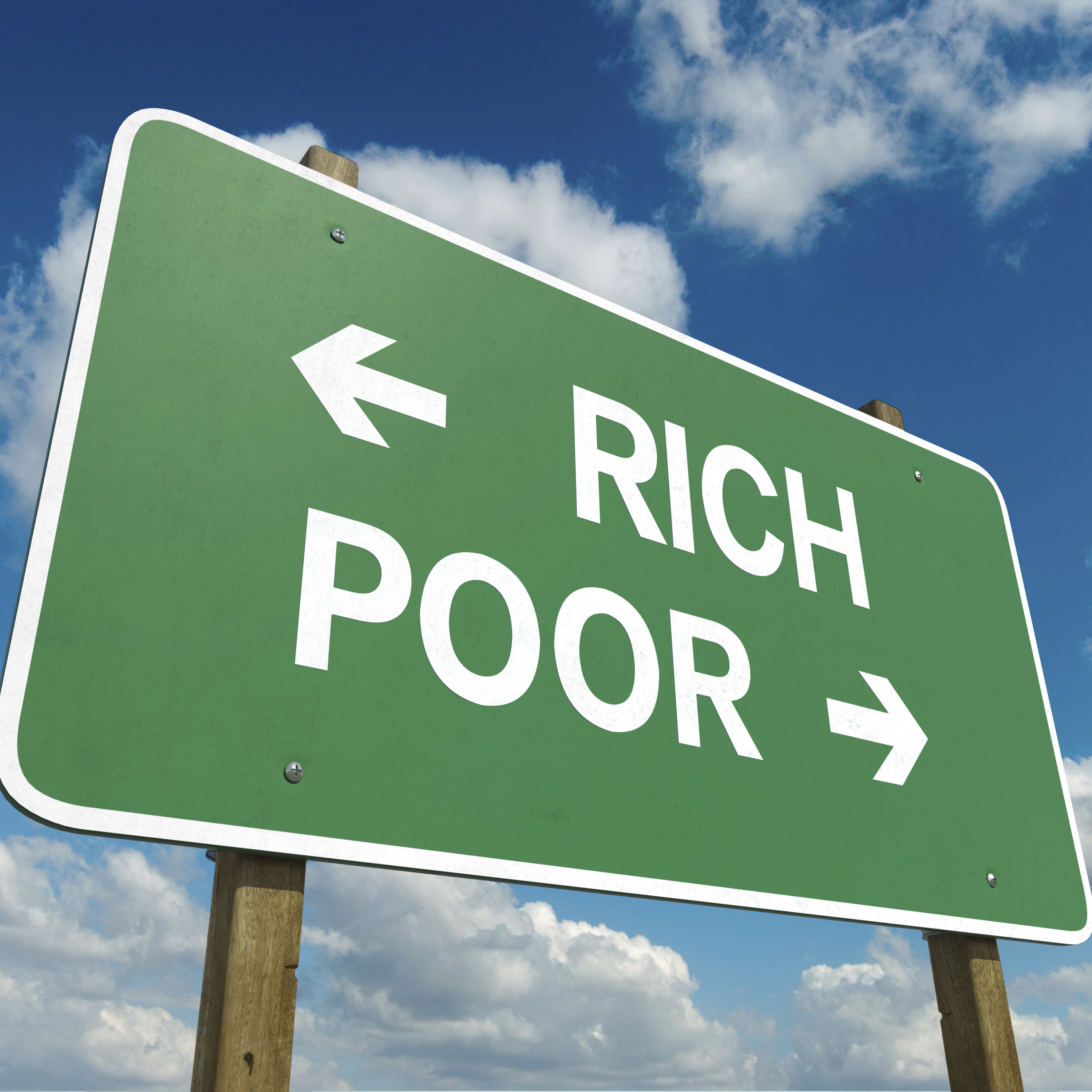
The Federal Reserve has now shown that US household wealth rose by 1.4% to $94.8 trillion in the first quarter of 2017. This is a record level and it is up almost 70% since the recession. One of the top reasons was higher stock and mutual fund portfolios gaining about $1.3 trillion. Home values added about $499 billion.
Household wealth has now recovered in full and then some since the great recession and has continued to rise above levels from before the recession.
In an effort to define total household wealth, this includes checking and savings accounts and other assets and it pulls out the total debt from mortgages, credit cards and other loans. The household wealth report is not adjusted for inflation.
While the wealth report is at a record, the New York Federal Reserve also previously showed that the household debt has reached a new peak after higher mortgages, car loans and student debt. In the first quarter of 2017, household debt and credit rose by $149 billion to $12.73 trillion. That is $50 billion higher than the previous peak reached in the third quarter of 2008. Balances rose 1.7% on mortgages, 0.9% in auto loans, and rose 2.6% in student loans. Credit card balances actually fell by 1.9% in the first quarter.
Total U.S. household wealth was $66.5 trillion at the end of 2007, but that san to $56.2 trillion in 2008 before its long slow recovery. Home prices on a national level had not fully recovered from the recession until September of 2016. Meanwhile, consumer spending has risen by about 2.3% per year since 2009 and that was much lower than after prior recessions.
Full data from the Fed’s flow of funds report is now available.
Get Ready To Retire (Sponsored)
Start by taking a quick retirement quiz from SmartAsset that will match you with up to 3 financial advisors that serve your area and beyond in 5 minutes, or less.
Each advisor has been vetted by SmartAsset and is held to a fiduciary standard to act in your best interests.
Here’s how it works:
1. Answer SmartAsset advisor match quiz
2. Review your pre-screened matches at your leisure. Check out the advisors’ profiles.
3. Speak with advisors at no cost to you. Have an introductory call on the phone or introduction in person and choose whom to work with in the future
Get started right here.
Thank you for reading! Have some feedback for us?
Contact the 24/7 Wall St. editorial team.


